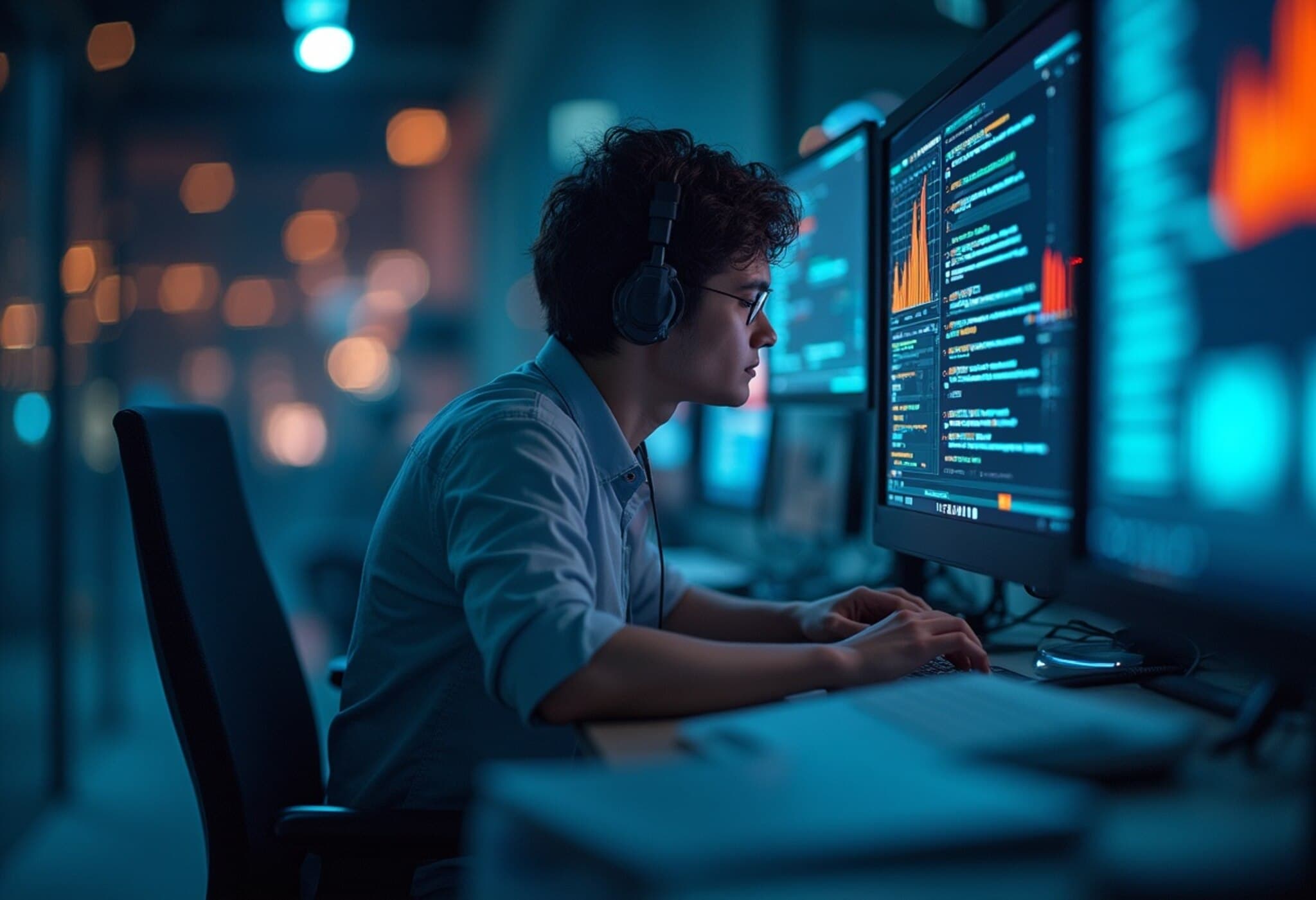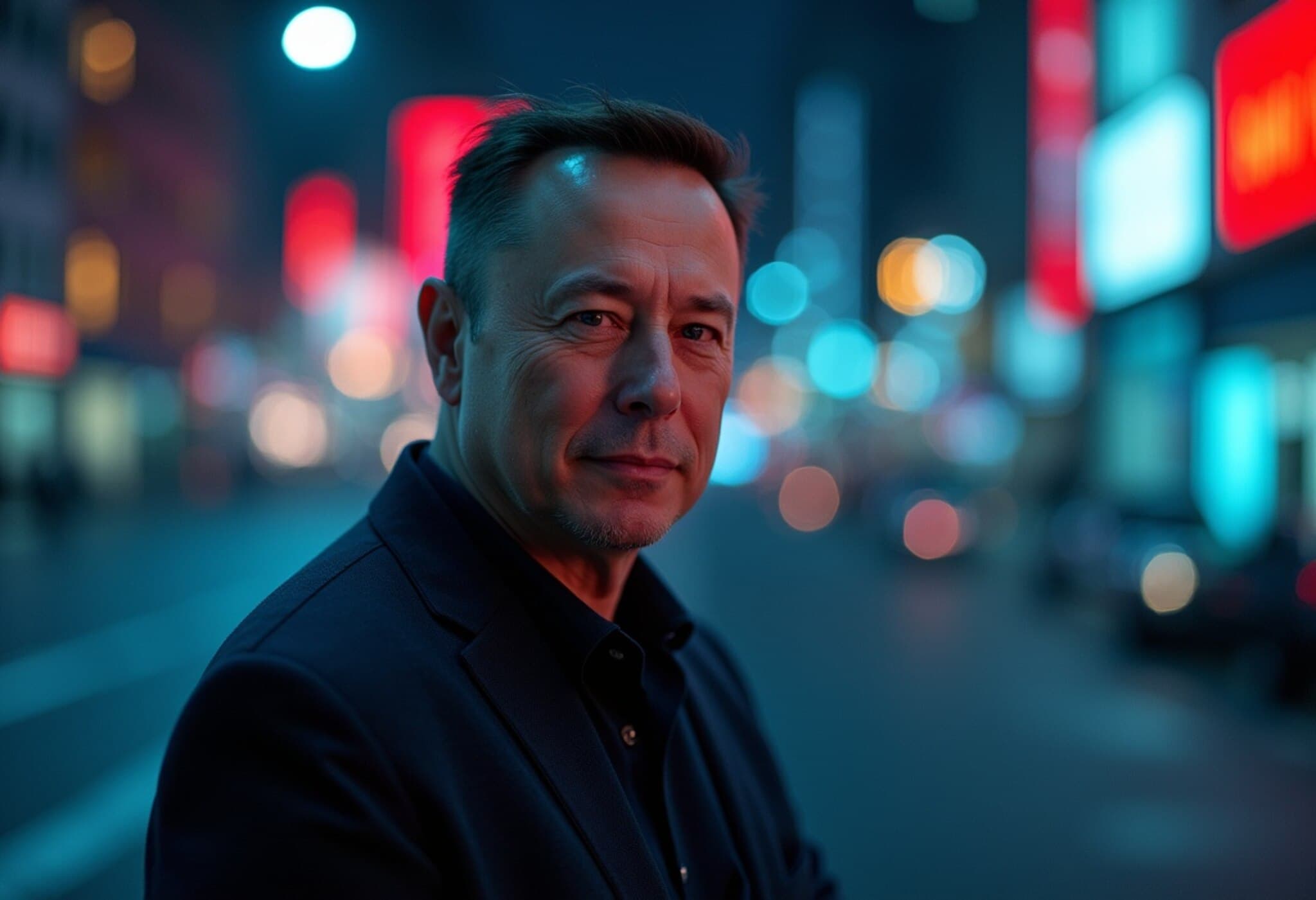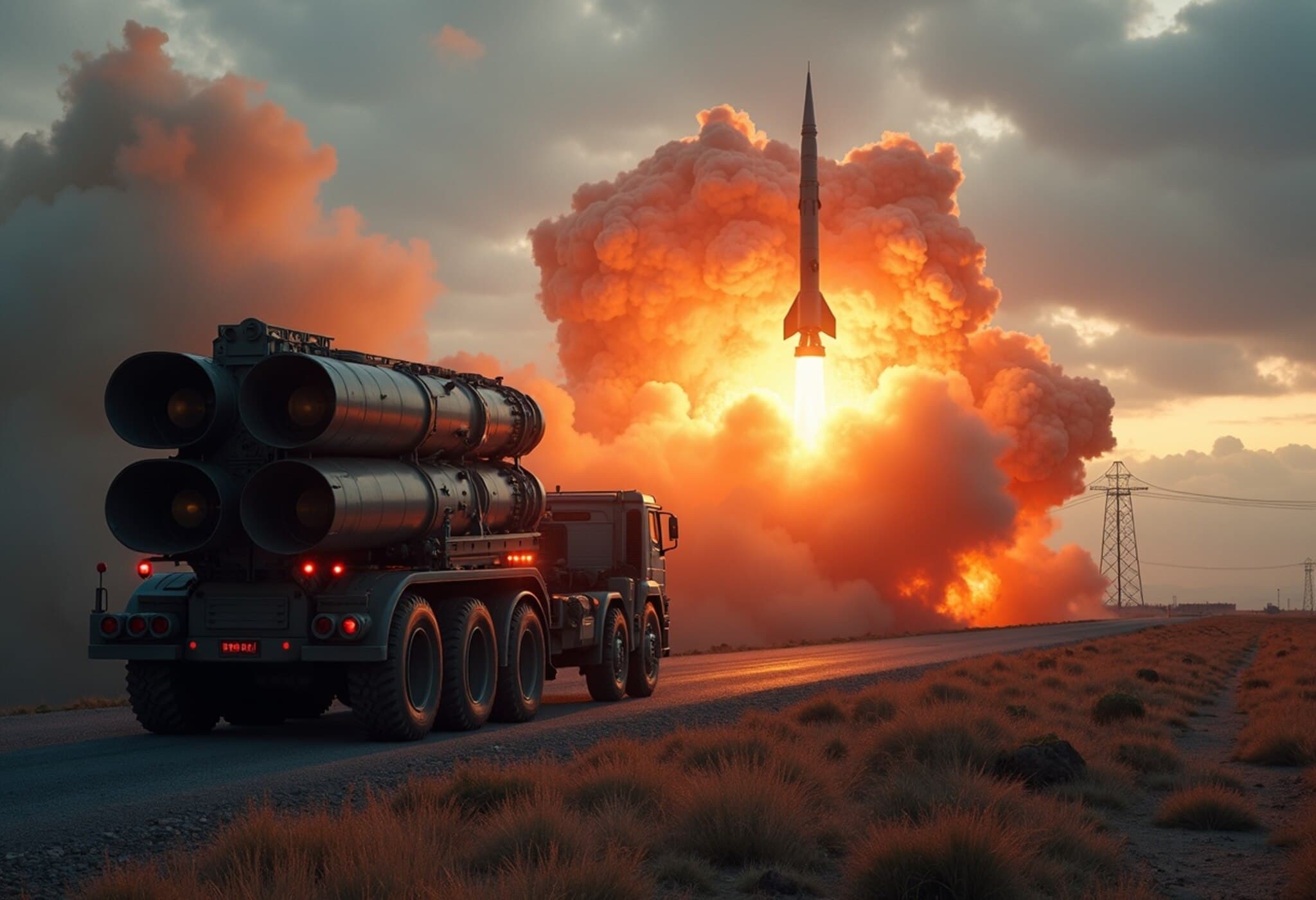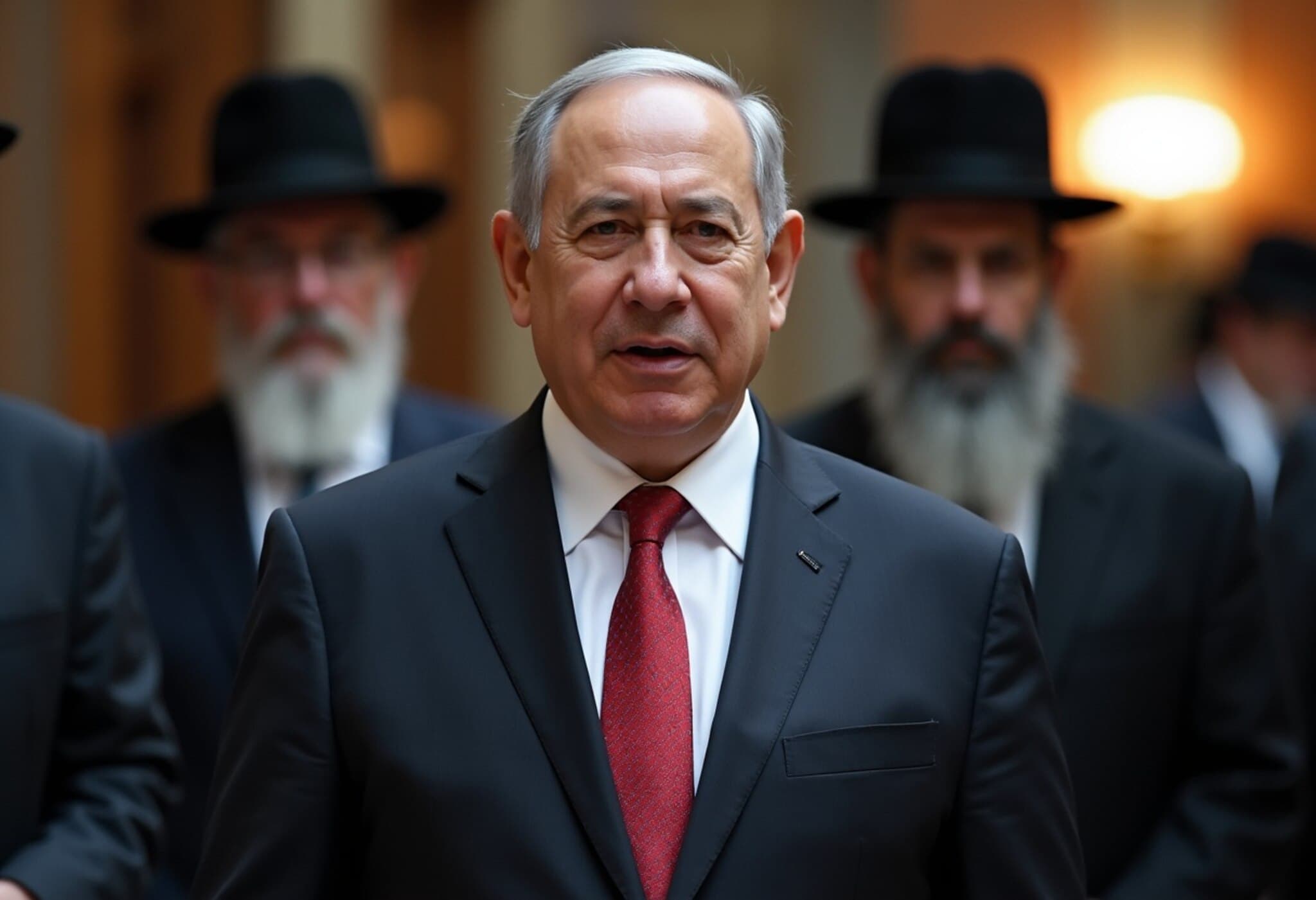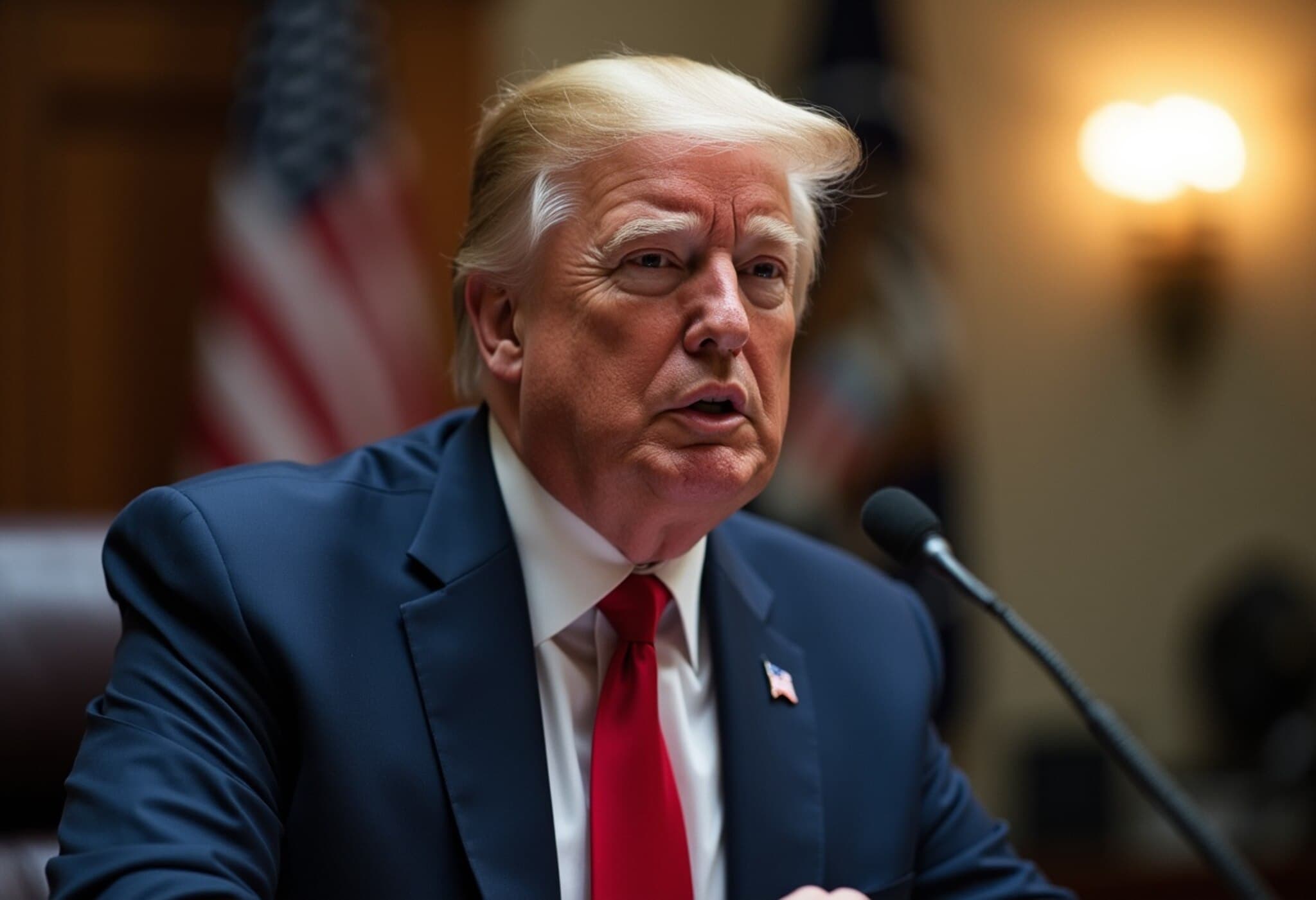Scale AI Announces Significant Layoffs Following Meta’s $14.3 Billion Investment
In a surprising turn of events, Scale AI, a leading artificial intelligence data startup, has announced a workforce reduction impacting 14% of its global staff, equivalent to about 200 employees. This move comes just weeks after Meta invested a staggering $14.3 billion in Scale AI and recruited its founder, Alexandr Wang, to join Meta as its Chief AI Officer.
Leadership Shift and Rapid Expansion Challenges
Interim CEO Jason Droege, who stepped in after Wang's departure, addressed the layoffs in a candid internal memo. He highlighted that the company accelerated its development of generative AI capabilities too rapidly, leading to an accumulation of excessive bureaucracy that hampered agility.
"We ramped up our generative AI capacity too quickly," Droege wrote, emphasizing the need to streamline operations to better adapt to market shifts and customer demands. He assured stakeholders that Scale AI remains well-funded and poised for growth, aiming to use this restructuring to enhance responsiveness and service quality.
Plans for Strategic Hiring and Focused Growth
Despite the layoffs, Droege signaled an upcoming hiring spree targeted at Scale AI’s core business sectors, including enterprise solutions, public sector endeavors, and international expansions, set for the latter half of 2025.
"We'll be significantly increasing headcount in important divisions to better align with customer needs and industry trends," Droege confirmed. This reflects a strategic pivot to concentrate resources where Scale AI sees the greatest growth potential.
Context: Scale AI’s Role in the AI Data Ecosystem
Since its inception in 2016, Scale AI has carved out a pivotal niche by providing high-quality training data for some of the AI world's biggest names, including OpenAI and Google. Their data annotation and infrastructure have been crucial for developing sophisticated AI models.
However, reports indicate that OpenAI has been scaling back its reliance on Scale AI over the past year. Similarly, Google reportedly decreased its engagement following Scale AI’s collaboration deal with Meta. This dynamic underscores the complex and competitive relationships within the AI industry.
Meta’s Strategic Move: Bringing Wang and Scale AI Talent In-House
Meta's investment signals its commitment to accelerating AI capabilities amid intensifying competition with OpenAI and others. By hiring Wang to lead its newly-formed Meta Superintelligence Labs, Meta is betting on integrating Scale AI’s expertise into its broader AI ambitions.
The transition also involved a selective transfer of Scale AI employees to Meta, further tightening the talent pool.
Impact on Employees and Company Culture
Scale AI’s spokesperson, Joe Osborne, confirmed that employees affected by the layoffs will receive severance packages. Additionally, the company is ending contracts with roughly 500 contractors globally, reflecting an effort to rationalize workforce and contractor engagement simultaneously.
Osborne expressed a forward-looking stance: "We're streamlining our data business to move faster and deliver even better solutions for our generative AI customers." He reaffirmed the company’s commitment to robust investment and hiring in its enterprise and government AI sectors.
Expert Insights: Navigating AI Industry Challenges
The rapid growth and subsequent streamlining at Scale AI illustrate a broader trend in the AI industry: startups and tech giants alike face fierce pressure to innovate quickly while maintaining operational efficiency. Scaling AI capabilities too fast without adequate structural support can lead to organizational bottlenecks and strategic dissonance.
For the American AI ecosystem, these developments raise critical questions about talent retention, partnership dynamics, and the future of data-centric AI development models, especially as tech giants compete to outpace each other in generative AI breakthroughs.
Looking Ahead: What This Means for the AI Landscape
- Consolidation of AI talent: Meta’s recruitment of Wang and Scale AI staff reflects a trend toward in-house innovation, potentially reducing reliance on external vendors.
- Industry competition intensifies: With OpenAI and Google pivoting away from Scale AI, the competitive tension among AI leaders may reshape partnerships and service ecosystems.
- Workforce realignment continues: Startups in the fast-moving AI sector must balance growth ambitions with sustainable organizational structures to survive market fluctuations.
Editor’s Note
This unfolding story is a prime example of the delicate balancing act AI companies face between rapid innovation and operational stability. As Meta deepens its AI ambitions with the infusion of Scale AI’s leadership and personnel, questions linger about how this will impact smaller players and the broader industry’s collaborative framework. For readers tracking AI’s evolution, it’s a reminder that behind every breakthrough is a complex web of human, financial, and strategic factors shaping the future of technology.


